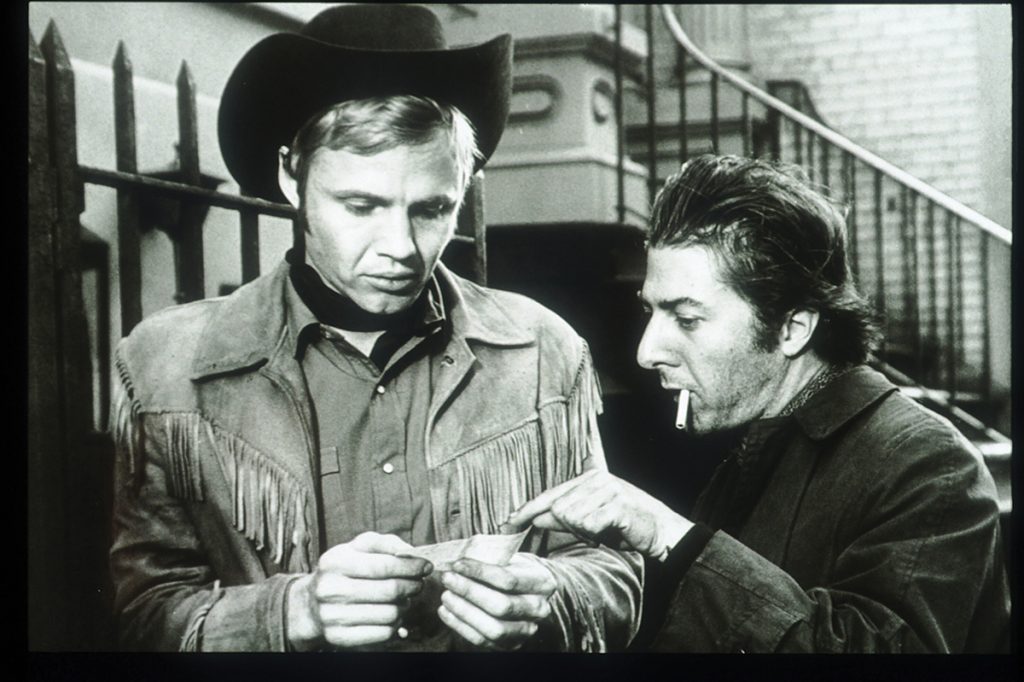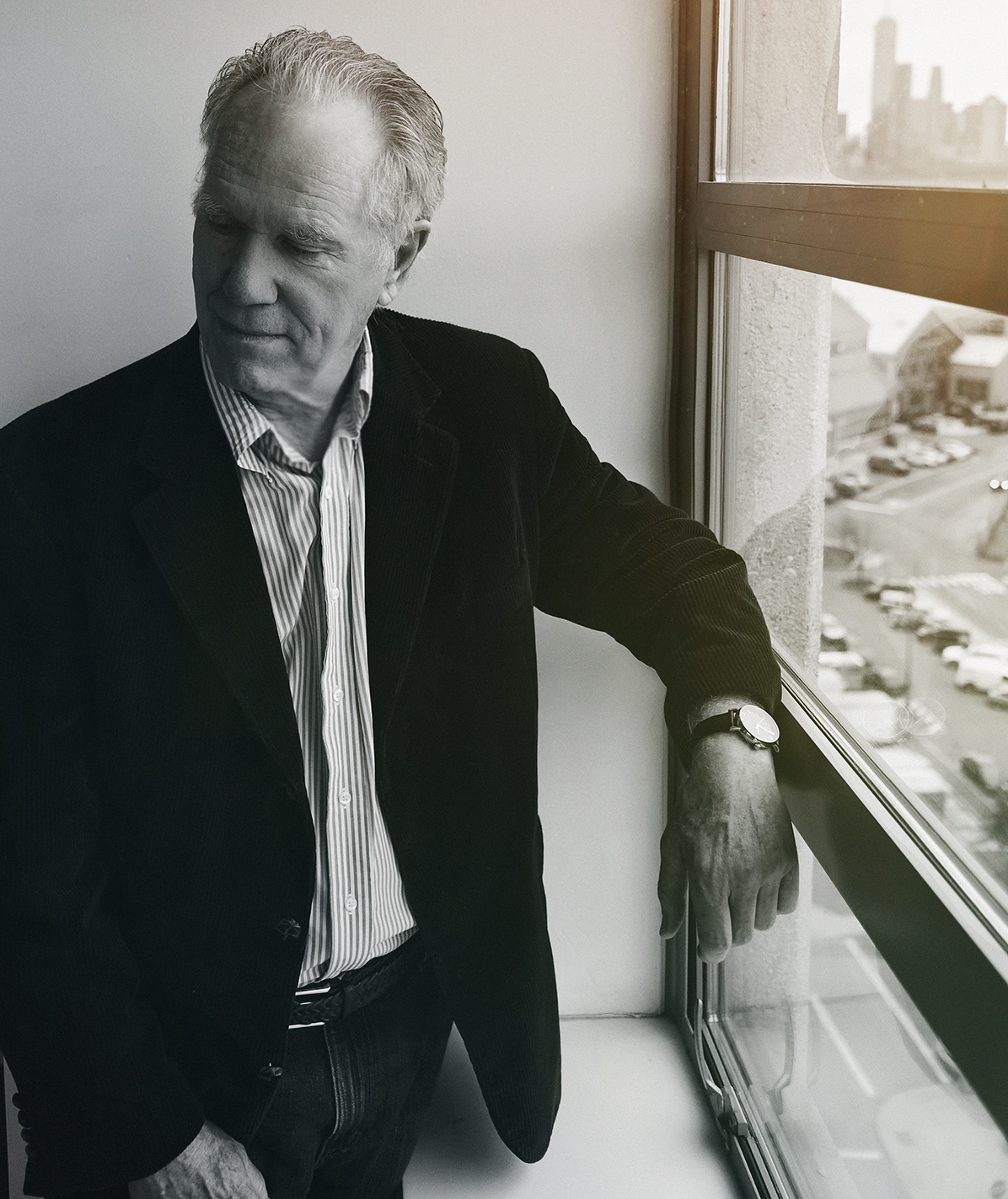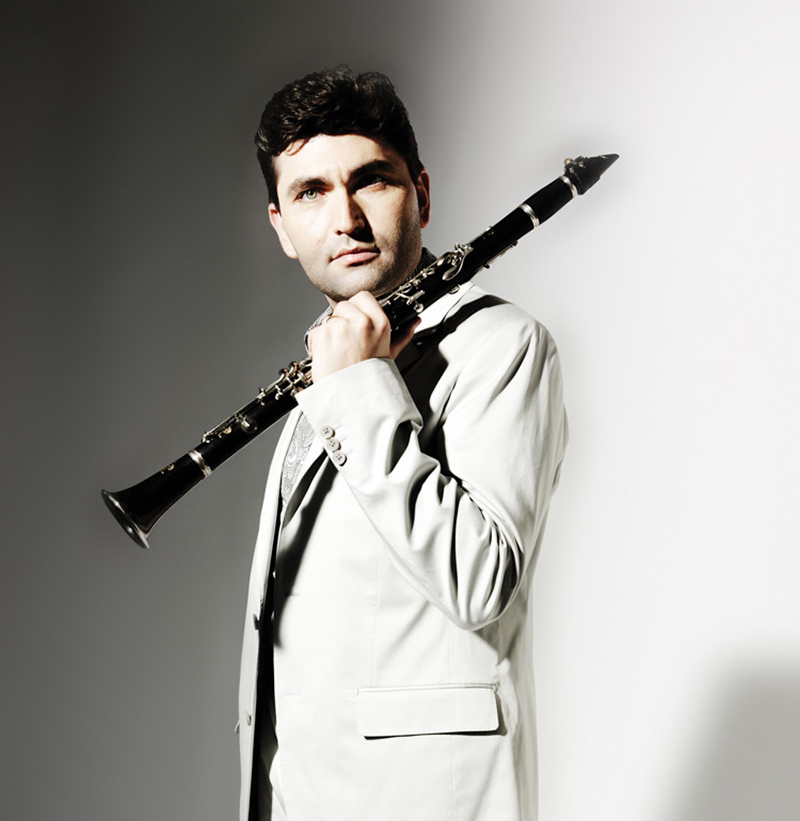Stellar performances keep 50-year-old film compelling

In 1968, the Oscar for Best Picture went to Oliver!, Carol Reed’s exuberant, family-friendly adaptation of the Charles Dickens-based musical, starring a steamy Oliver Reed and a bunch of adorable English tykes. One year later, in 1969, the best-picture Oscar was awarded to Midnight Cowboy — John Schlesinger’s adaptation of James Leo Herlihy’s gritty novel about down-at-the-heels male prostitutes in New York City.
Hollywood had been changing for years before Midnight Cowboy. That moment did not singlehandedly shift Old Hollywood into New Hollywood, but it suggested that maybe popular film was not going back to the way it had been. It was losing the remainder of its innocence and gloss — and beginning to embrace a bleak but vividly rendered reality.
However the conversations turn around Midnight Cowboy and its strengths as a film (of which there are many) and as a showcase for the prodigious talents of Jon Voight and Dustin Hoffman, it’s almost impossible to get away from its place in the zeitgeist. It tells the tale Joe Buck (Voight), a naïve young Texan, haunted by trauma, who leaves his small town bound for New York with dreams of becoming a gigolo. Once in the city, Joe falls prey to his own inexperience, before befriending Enrico “Ratso” Rizzo (Hoffman), a profoundly damaged conman from the Bronx. After initially scamming Joe, Ratso becomes his de facto tour guide, roommate, and best friend, guiding him though the city’s underbelly. The two men forge a relationship, first out of necessity and ultimately out of real affection, that is only underscored by the film’s tragic conclusion.
Even by 2019 standards, Midnight Cowboy is a tough watch. Its squalid, hostile New York is on a decline that seems to parallel the protagonists’ failing fortunes and health. Sexual abuse and exploitation are built into the foundations of the storyline. There are scenes of violence and, in flashback, a brutal rape. It’s a film of almost unremitting darkness, its only light the brittle friendship between two men with nothing left to lose.
Both Voight and Hoffman deliver stellar performances. Schlesinger creates scenes so vivid you can practically feel the hunger and the grime under your nails. The film is, even now, rare in its sympathetic portrayal of characters living on the margin — for the time, it was astonishing.
That Midnight Cowboy was released 50 years ago seems almost unbelievable, but it is also a profoundly realistic portrait of its own time — from the view of the peep-show days in Times Square to the psychedelic scene of downtown bohemia to its frustrated ambivalence about homosexuality. And despite it all, Midnight Cowboy is a deeply felt film and a singular, mesmerizing entry in the American film canon.
Midnight Cowboy will be screened Tuesday, Jan. 7, at the Tryon Fine Arts Center (34 Melrose Ave., Tryon) as part of the venue’s 50th-anniversary series showcasing movies from 1969. 7pm. $6. For more information, call 828-859-8322 or see tryonarts.org.



